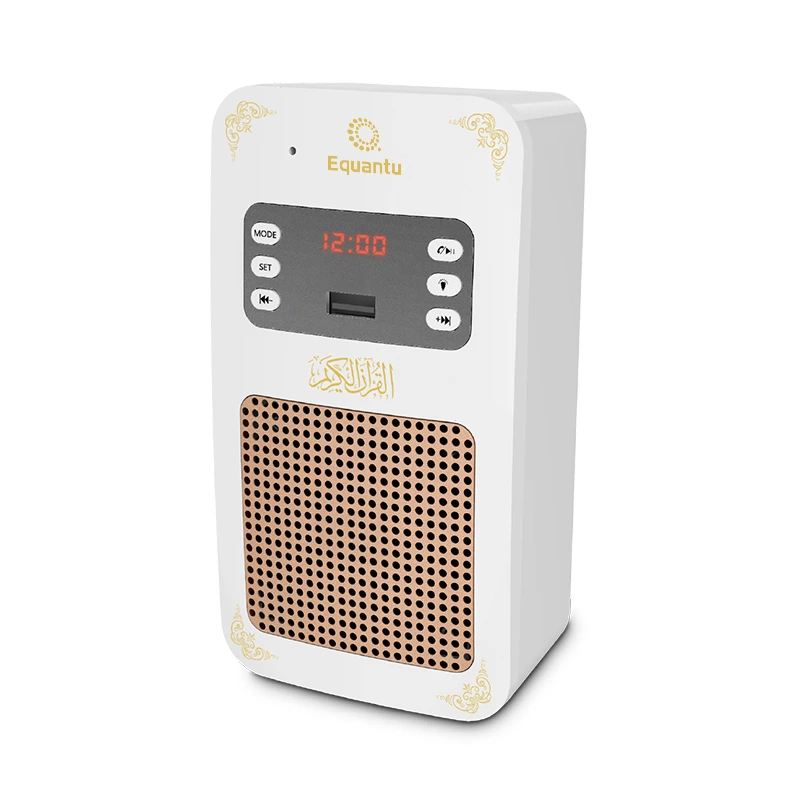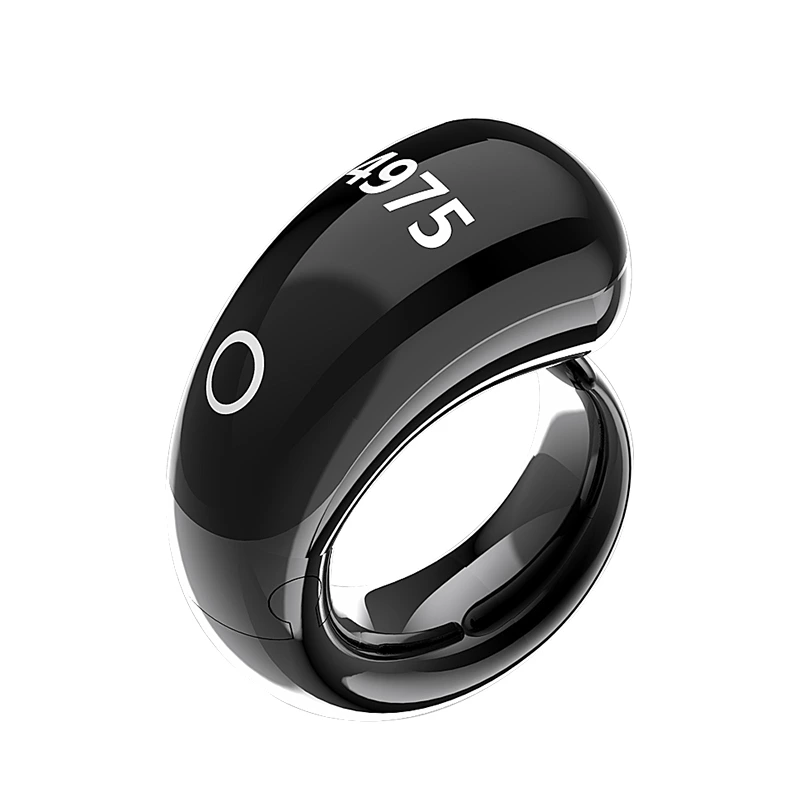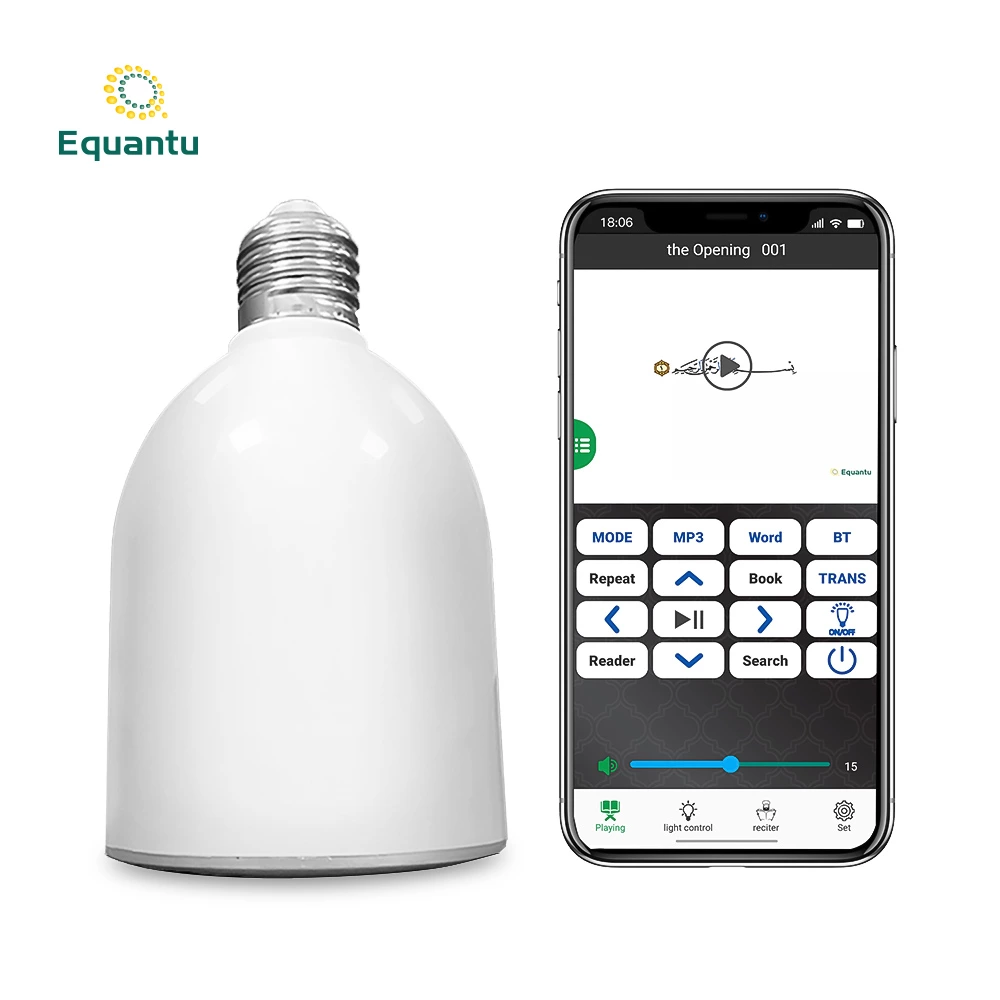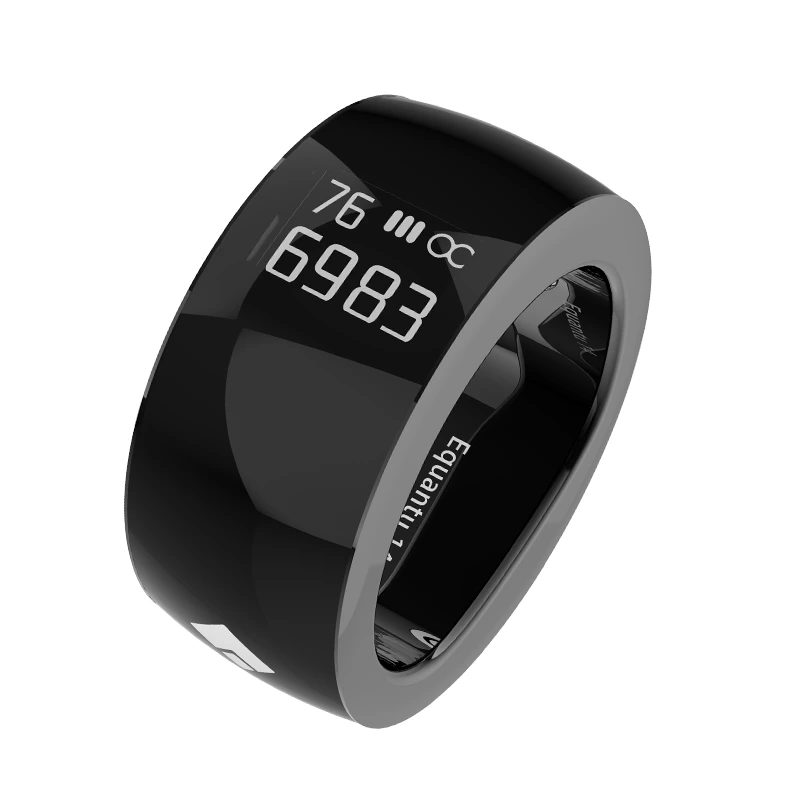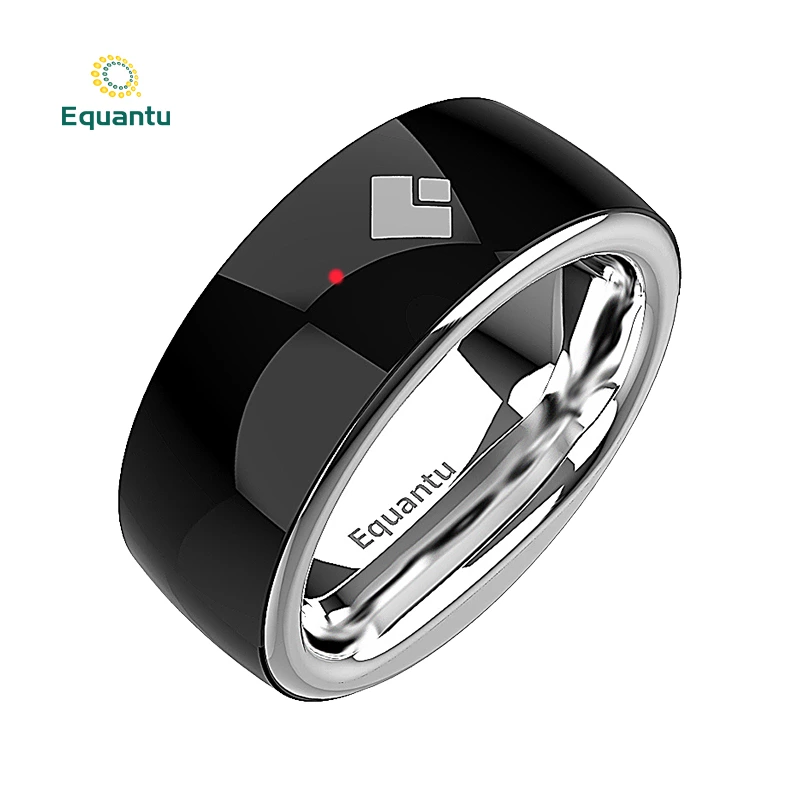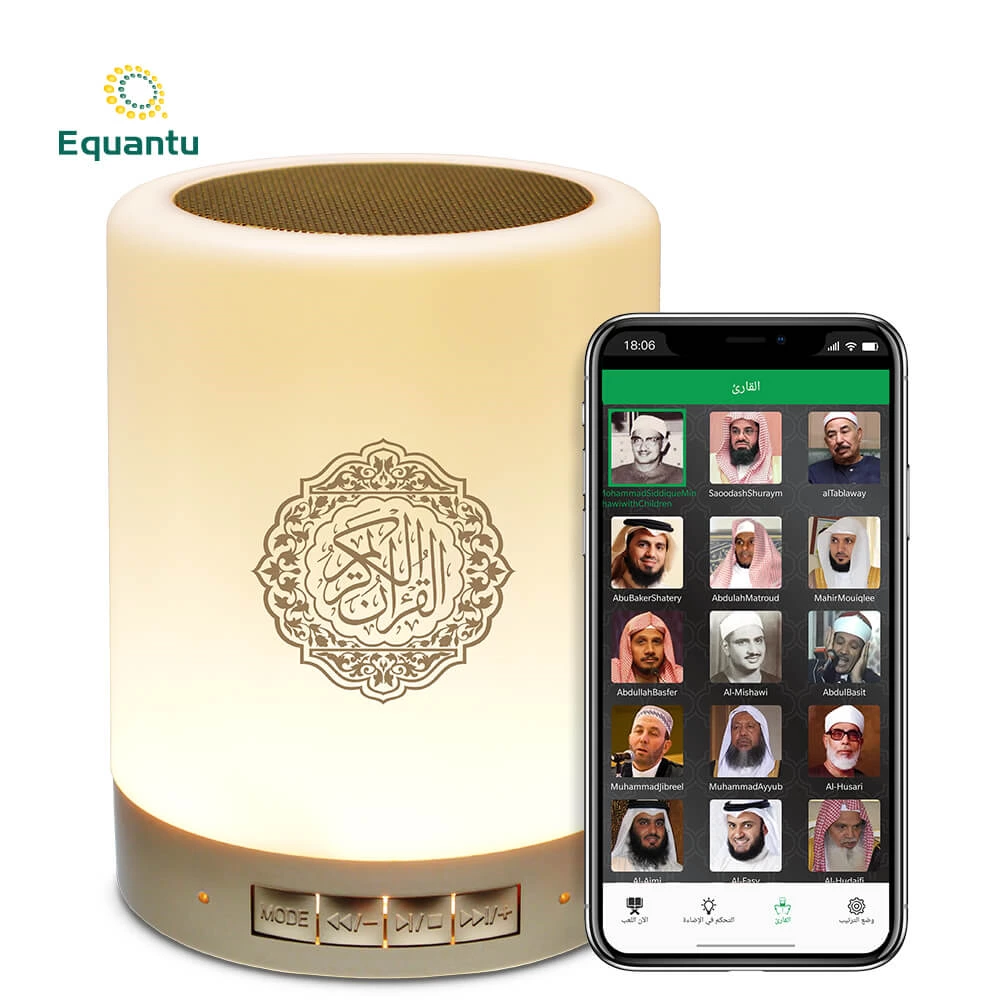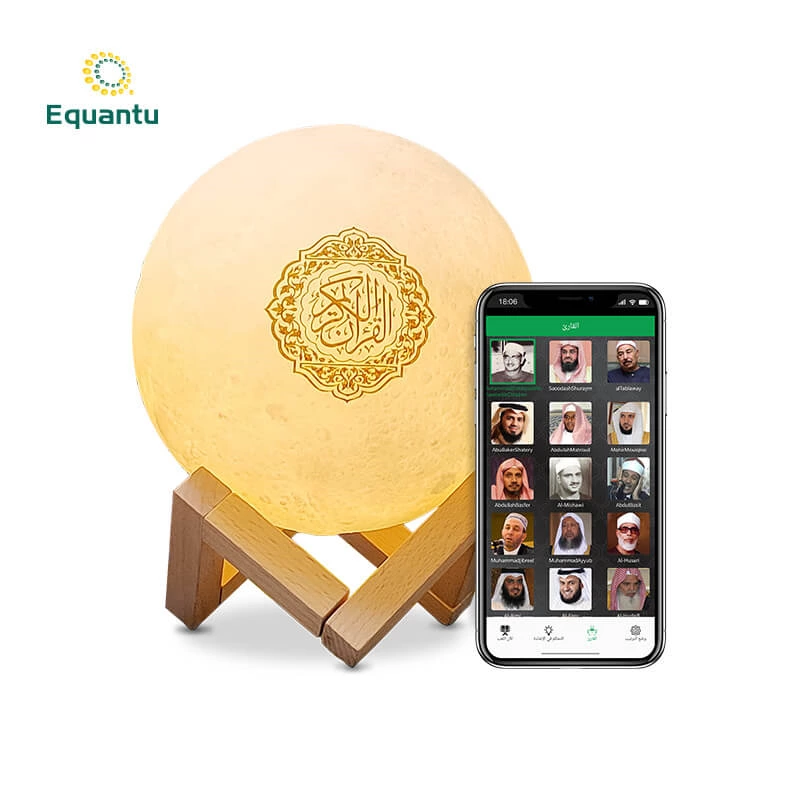Step 1: Understanding Halal Requirements
Before embarking on the certification journey, it's crucial to understand what halal entails. Halal requirements are derived from Islamic law and encompass various aspects, including:
- Permissible Ingredients: Ensuring that all ingredients used in a product are halal and free from haram substances like pork, alcohol, and certain additives.
- Ethical Production: Adhering to ethical practices in sourcing, manufacturing, and handling products.
- Cleanliness and Hygiene: Maintaining high standards of cleanliness and hygiene throughout the production process.
Step 2: Selecting a Certification Body
The next step is to choose a reputable halal certification body. These organizations are responsible for evaluating and verifying that products meet halal standards. When selecting a certification body, consider the following:
- Accreditation: Ensure that the certification body is accredited by recognized international or national halal authorities.
- Reputation: Opt for certification bodies with a strong track record and positive reputation within the Muslim community.
- Scope of Certification: Confirm that the certification body covers the specific type of product you offer, whether it's food, cosmetics, or electronic devices like Quran speakers and Zikr rings.
Step 3: Application and Documentation
Once you've selected a certification body, the application process begins. This involves submitting detailed documentation about your product, including:
- Ingredients List: A comprehensive list of all ingredients used in the product.
- Supply Chain Information: Details about sourcing, including suppliers and their halal compliance.
- Production Process: An outline of the manufacturing process, highlighting areas where halal standards are maintained.
- Quality Control Measures: Information about quality assurance practices to ensure consistent halal compliance.
Step 4: Inspection and Audit
The certification body will conduct a thorough inspection and audit of your facilities and production processes. This may include:
- On-Site Inspection: A visit to your manufacturing site to observe the production process, cleanliness, and adherence to halal standards.
- Process Evaluation: Assessing how ingredients are handled, processed, and stored to prevent contamination with haram substances.
- Employee Training: Ensuring that staff are trained in halal practices and understand the importance of maintaining halal integrity.
Step 5: Compliance and Certification
After a successful inspection and audit, the certification body will issue a halal certificate, confirming that your product meets all halal requirements. This certificate is typically valid for a specific period and may require periodic renewals and re-inspections to maintain compliance.
Step 6: Ongoing Compliance and Monitoring
Halal certification is not a one-time process. Continuous monitoring and adherence to halal standards are essential to maintain certification. This involves:
- Regular Audits: Periodic inspections to ensure ongoing compliance.
- Supplier Audits: Continuous evaluation of suppliers to ensure they adhere to halal standards.
- Product Updates: Re-certifying products if there are any changes in ingredients, production processes, or packaging.
Halal Certification for Quran Speakers and Zikr Rings
Modern Islamic products like Quran speakers and Zikr rings also undergo halal certification to ensure they meet religious standards. For example:
- Quran Speakers: Certification ensures that the materials used are permissible and that the production process does not involve any haram substances or unethical practices.
- Zikr Rings: Certification verifies that the metals and materials used are halal and that the manufacturing process adheres to ethical and religious guidelines.
Conclusion
The halal certification process is a comprehensive journey that ensures products meet the highest standards of Islamic law. For businesses offering Quran speakers and Zikr rings, obtaining halal certification is essential for building trust with Muslim consumers and accessing a global market. By understanding and adhering to each step of the certification process, businesses can ensure their products are both spiritually compliant and commercially successful.

